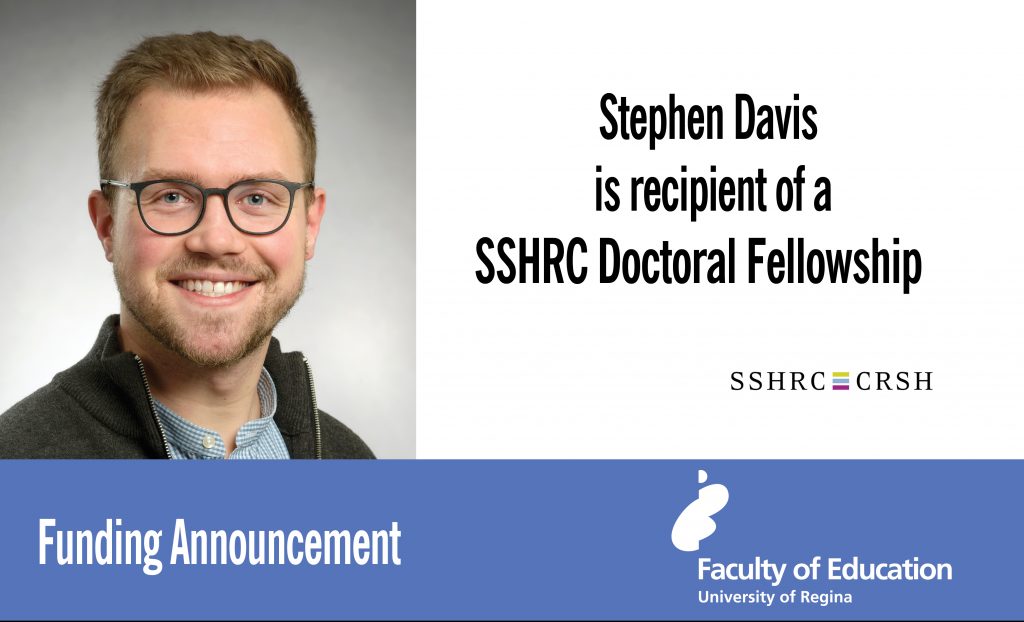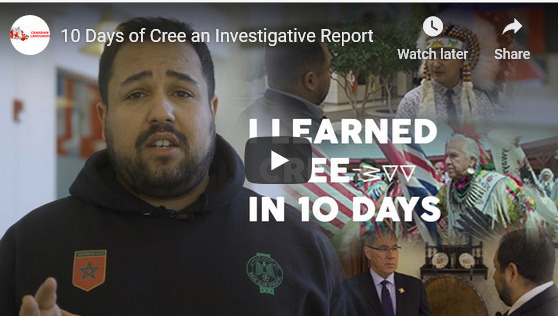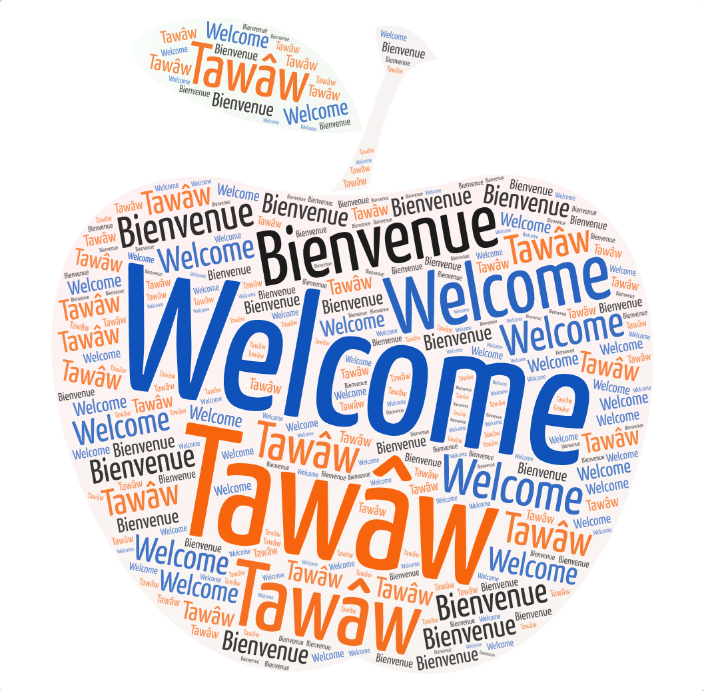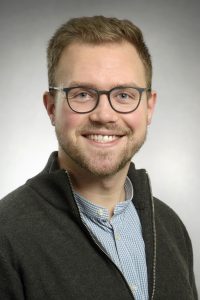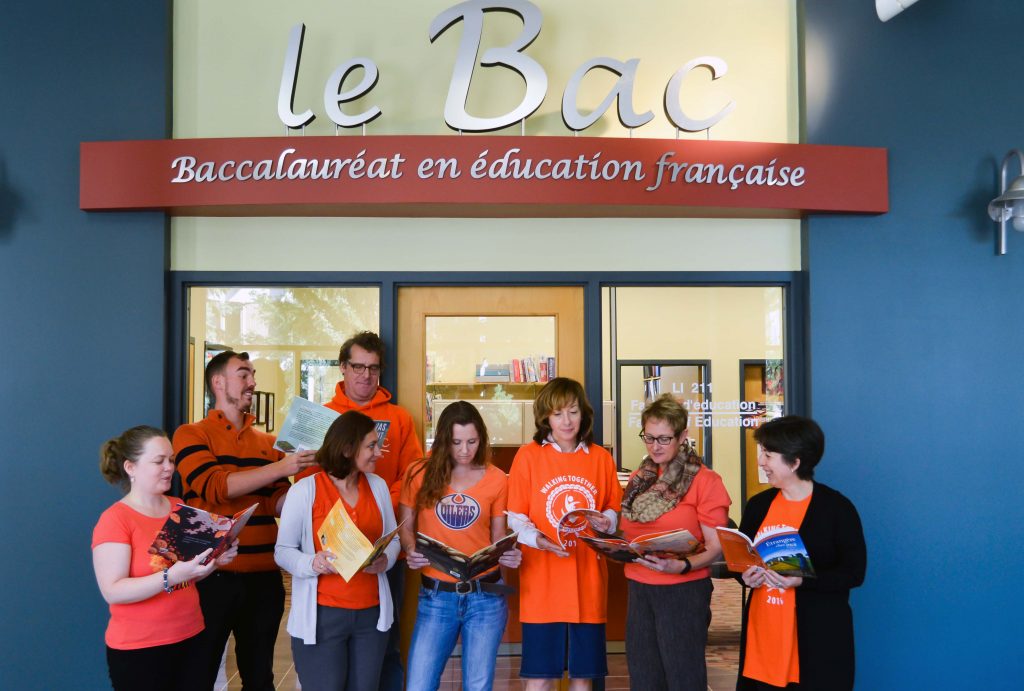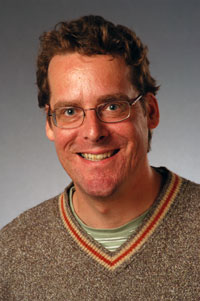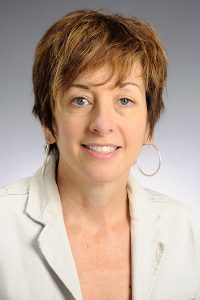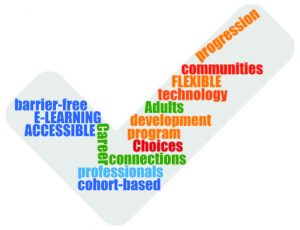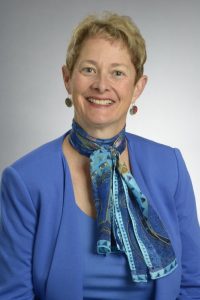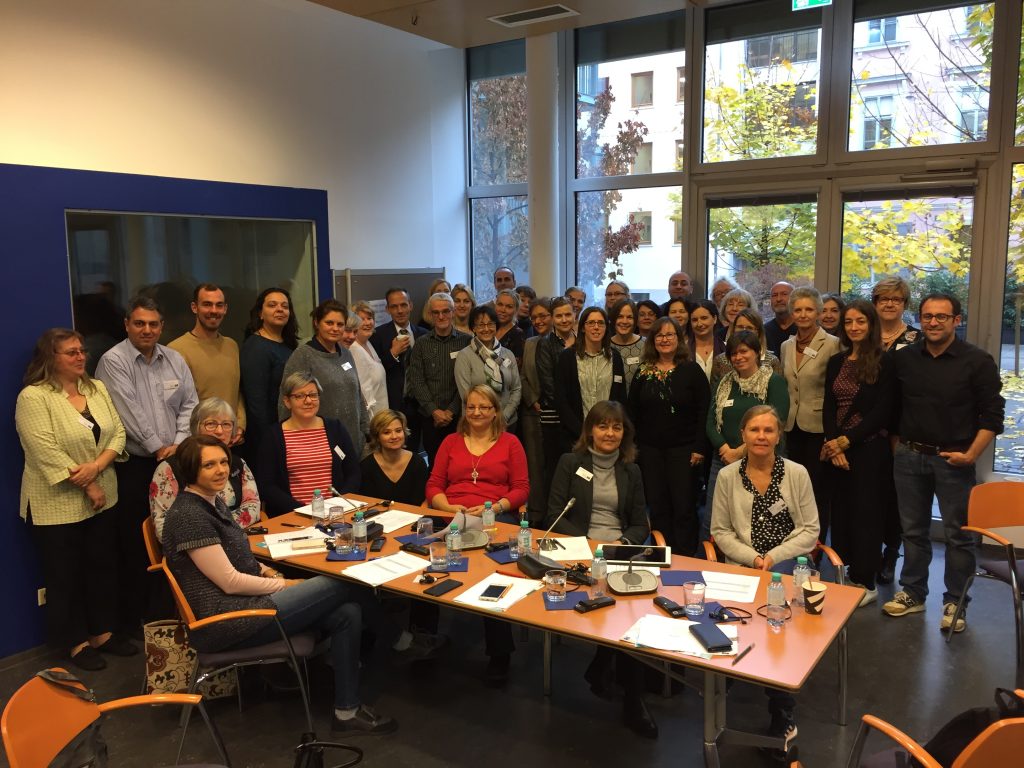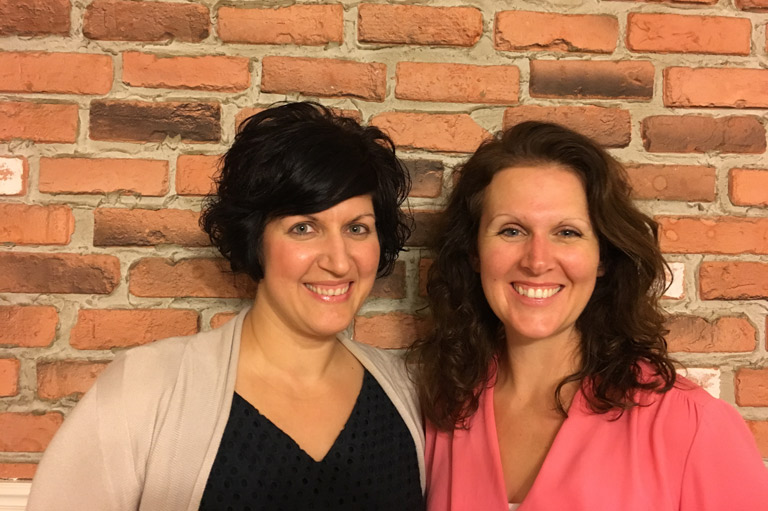Programme du baccalauréat en éducation faculty member Dr. Joël Thibeault was selected by the European Centre for Modern Languages (ECML) as a representative of Canada and the University of Ottawa’s Official Languages and Bilingualism Institute to take part in think tank discussions for developing language awareness in subject classes, within the ECML’s “Languages at the heart of learning” programme 2016-2019. The gathering, held November 16-17, was located in Graz, Austria.
Q & A with Dr. Joël Thibeault
The ECML views language education as key in responding to linguistic and cultural diversity, in achieving intercultural dialogue, democratic citizenship, and social cohesion.
What was the specific focus of the discussions you were part of?
Through this think tank, the ECLM gathered an array of educational professionals – professors, teachers, and policy makers – to engage in discussions on the inclusion of linguistic content in different school subjects. The goal of this initiative is to provide practical procedures that will help teachers in the identification of their students’ needs in different subjects and to provide examples of scaffolded materials which, based upon the learner’s language awareness, will address their needs in different disciplines at school.
In what ways is the University of Regina, Faculty of Education, (Bac programme) working to address/redress the issue of quality language education?
The Bac program aims at offering a quality education to future teachers, most of whom will teach in French immersion. As such, in their career, these teachers will not only have to worry about teaching their subject (mathematics, history, etc.), but also they will have to do so in their learners’ second language. Therefore, future teachers must consider the linguistic structures through which content is taught and, if need be, help students develop the linguistic knowledge they will need to construct new competencies in these disciplines. Of course, every teacher, whether in immersion or not, should always worry about language in the teaching of a non-linguistic discipline. However, this focus on language should probably be more present when the language of schooling is the learner’s second language. The Bac program, therefore, puts a lot of emphasis of articulating content and language, and my participation at the ECML’s workshop will help us expand on this topic.
Does this opportunity promote international connections and research?
This was probably the best part of this workshop; I got to meet more than 30 educational experts who came from all across Europe. It was also great that ECML invited people in academia, such as myself, but also invited teachers and decision makers. Everybody came with their own perspective, which contributed to rich discussions and group work.
What was the value of this experience for yourself, for Canada, and for the field of study?
Academics have been talking about the integration of language and content for many years now, but there seems to be a lack in concrete resources for teachers. I think that by bringing different perspectives together the ECML will be able to provide a wide variety of resources which, on the one hand, will be based on the most recent research on the topic and, on the other, will rely on the heterogeneity of expertise that was gathered during the workshop.
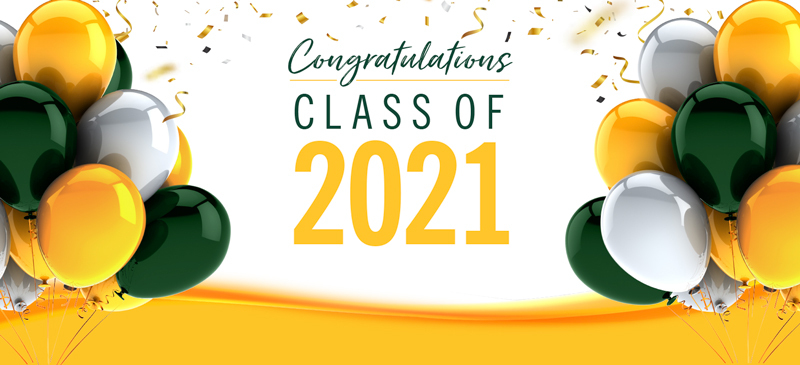
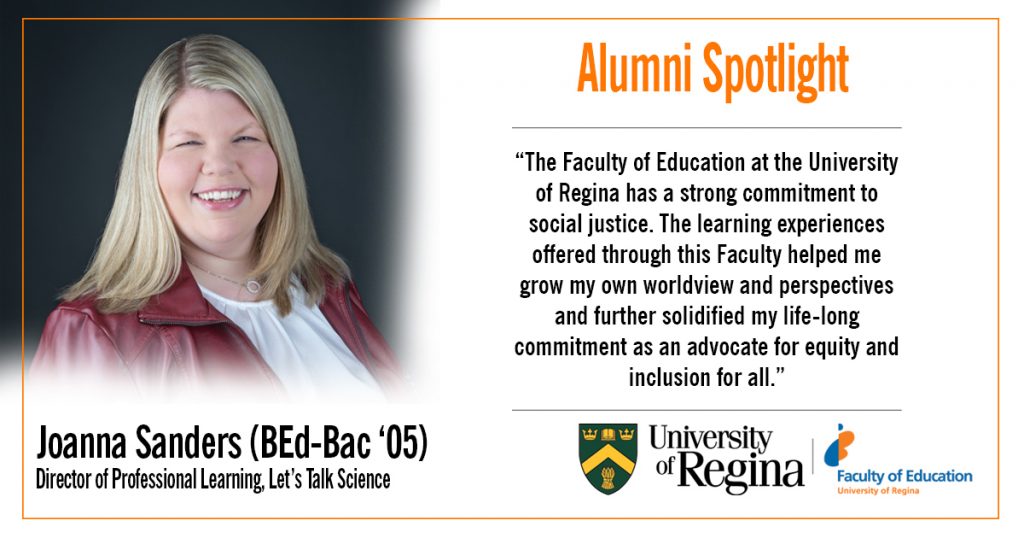
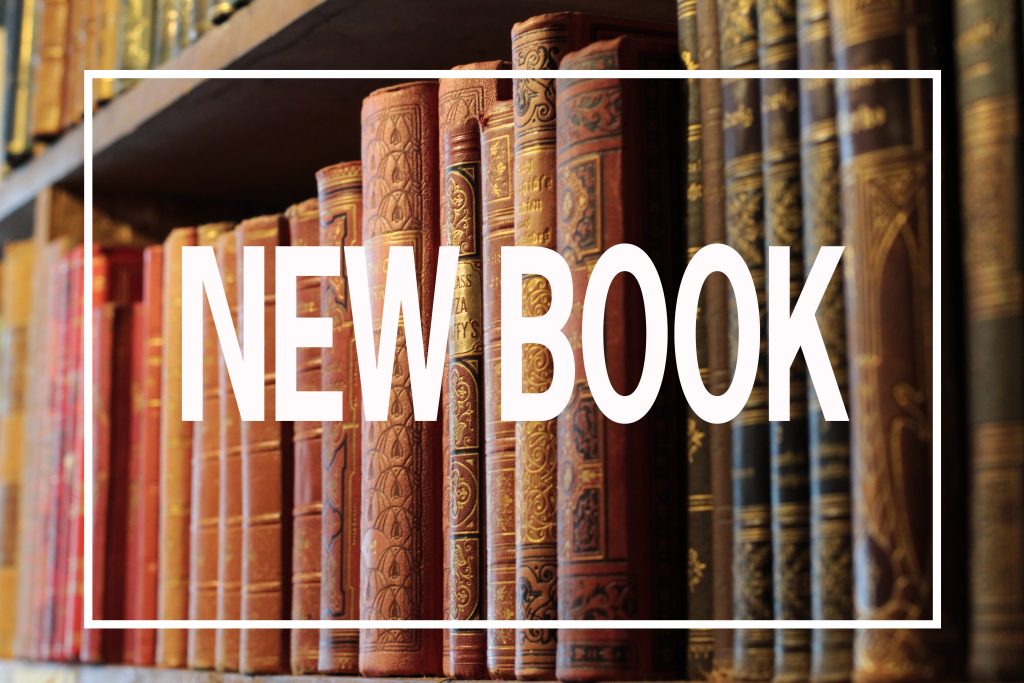
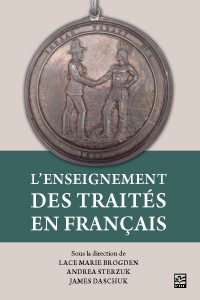 Congratulations to the Editors (alum) Lace Brogden (StFX) Andrea Sterzuk (UofR Education) and James Daschuk (UofR) on a new book L’enseignement des traités en français & to #UREdu faculty, students & alum chapter authors: Heather Phipps, Anna-Leah King, Michael Cappello, Claire Kreuger, Carrie Vany, Naomi Fortier-Fréçon, Leia Laing, Margo Campbell, and Sylvia Smith.
Congratulations to the Editors (alum) Lace Brogden (StFX) Andrea Sterzuk (UofR Education) and James Daschuk (UofR) on a new book L’enseignement des traités en français & to #UREdu faculty, students & alum chapter authors: Heather Phipps, Anna-Leah King, Michael Cappello, Claire Kreuger, Carrie Vany, Naomi Fortier-Fréçon, Leia Laing, Margo Campbell, and Sylvia Smith.